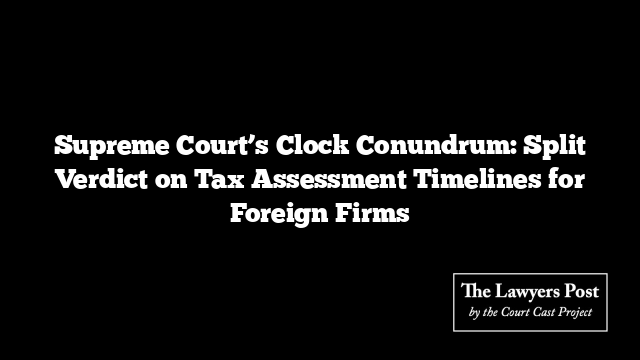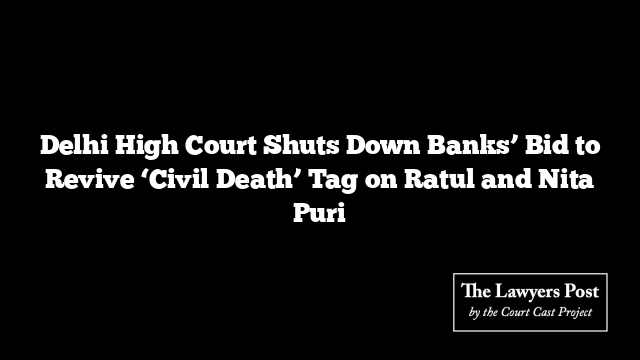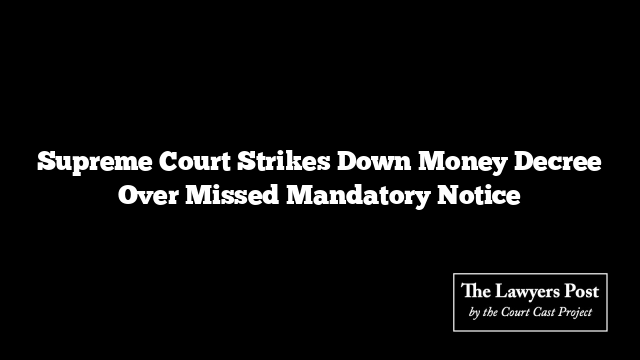The Supreme Court has found itself at a timing crossroads — literally. In a high-stakes tax dispute involving Shelf Drilling Ron Tappmeyer Ltd., a foreign offshore drilling operator, two judges delivered sharply opposing views on how India’s tax clock should tick when the Dispute Resolution Panel (DRP) process under Section 144C of the Income Tax Act kicks in.
At the heart of the clash lies a simple but critical question: Does the DRP procedure fit neatly within the time limits under Section 153, or does it get its own stretch of months on top?
Justice BV Nagarathna stood firmly in the “one clock” camp. Her reading was uncompromising — all steps, from draft assessment to final order, must fit inside Section 153’s 12-month window. Any delay beyond that, she warned, means the assessment collapses and the taxpayer’s return stands as filed. Her stance leaned on Parliament’s steady tightening of deadlines over the years, which she said reflected a clear legislative push for speed, not elasticity.
Justice Satish Chandra Sharma, however, saw two clocks running in tandem. He argued that Section 153 controls only the run-up to the draft order, after which Section 144C’s own 11-month sequence takes over. His interpretation effectively gifts the revenue authorities more time in complex cases involving foreign companies and transfer pricing — time he felt Parliament deliberately carved out with non-obstante clauses in subsections (4) and (13).
The case itself traces back to the 2014–15 assessment year, when the drilling company declared a ₹120.18 crore loss. A draft order in 2016 slashed that to ₹4.35 crore income. DRP proceedings followed, ending with a 2017 final order. The matter was later sent back for fresh scrutiny, with pandemic extensions pushing the deadline to September 30, 2021. A new draft order landed on September 28 — prompting the company to argue it was too late under Section 153’s limits.
Now, with the two judges reading the law in opposite directions, the question heads to a larger bench for a decisive ruling. Until then, India’s taxmen — and foreign firms alike — remain caught between the slow grind of procedure and the relentless tick of the statutory clock.





